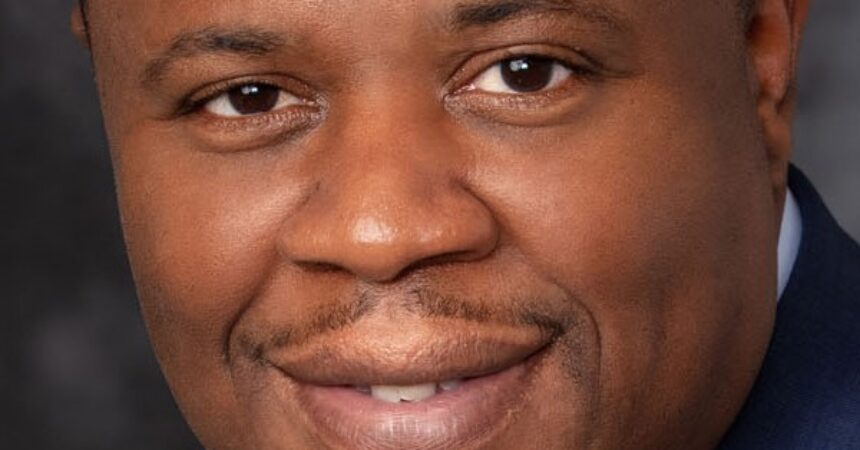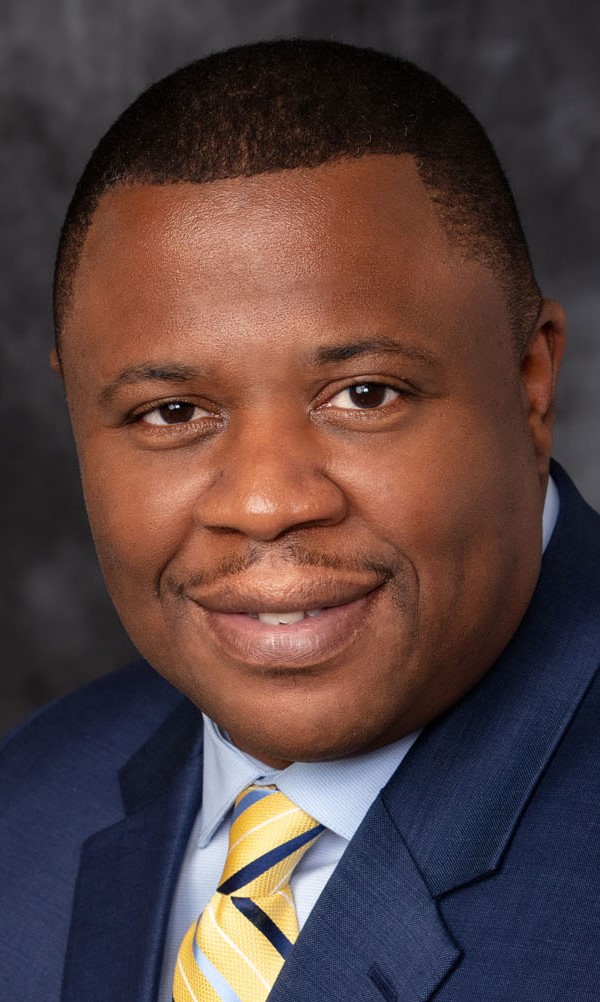
Against the Grain II
Paul Mooney wasn’t just a comedian

He was known as a funny man for decades. Paul Gladney, professionally known as Paul Mooney, entertained audiences across the globe before his death on May 19. He was known for his candid, in-your-face vulgarity-laden humor. He was blunt and often you had to wonder if he was telling jokes or telling facts in a funny way… he did both.
Aside from his career as a writer, penning content for Sanford and Son, In Living Color and Dave Chapelle’s Show, Mooney was a high-profile writer for Richard Pryor. By several account, Pryor is considered the greatest Black comedian of all times. Mooney would also collaborate with Redd Foxx and Eddie Murphy.
Born in Shreveport, Louisiana, Mooney grew up in his early childhood in the hotbed of racism. Those experiences until the age of 7 when his family moved to Oakland, Calif., shaped his view of American society.
He appeared in several programs produced by Keenan Ivory Wayans, portrayed Sam Cooke in the Buddy Holly story and “Which Way is Up?” He also had several appearances on Russell Simmons’ Def Comedy Jam.
By far, his greatest success came from his writing. Inventing characters like Homey D. Clown, a show-stealing bit on In Living Color, Mooney’s brash humor was on full display.
While he certainly was funny, he never shied away from what was going on in America. He would integrate and highlight racism, police brutality and White supremacy in his bits. While many laughed at his sketches, you were also left pondering its real meaning after one of his stand-up performances.
He would bring to life scenarios involving O.J. Simpson, Marion Berry, Michael Jackson and other popular figures and put his perspective on their stories. He stirred controversy in 2005 where he poked fun at Blacks that he felt had lost their “blackness.” Calling out Oprah Winfrey, Michael Jackson and Lil Kim, Mooney particularly offended Diana Ross, causing her daughter Tracee Ellis Ross to leave the show.
As you digest Mooney’s dialogue, there was a frank brilliance in much of what he was saying. He was the fall guy at times, saying what many others thought but dare not say.
On Comedy Central’s “Chapelle’s Show,” he was free to be himself. Chapelle encouraged him to be his usual raw self, setting up characters to allow his brashness to be highlighted. Sketches like Negrodamus, a sketch play off of Nostradamus, allowed him to be unfiltered. He had found a rhythm again and was attaining access to a new audience who was unfamiliar with him.
Still, the question remained as to whether he was writing comedy or he believed what he was saying. Over and over when interviewed he would elaborate on issues that he had made jokes about. In short, comedy was his way of speaking truth in a less offensive manner. His interviews would often be raw and unfiltered and expounding on what he viewed as blatant racism that would hamper Blacks. He was also known for calling out Blacks who did not make efforts to further the cause of Blacks. O.J. Simpson was one of his biggest targets, often commenting that O.J. hadn’t been Black since the 1970s.
Mooney was ever flamboyant, never one to bite his tongue. But, the underlying tones he took were his real visions of how he saw America. Many of the lines he uttered weren’t jokes, even though people laughed.







